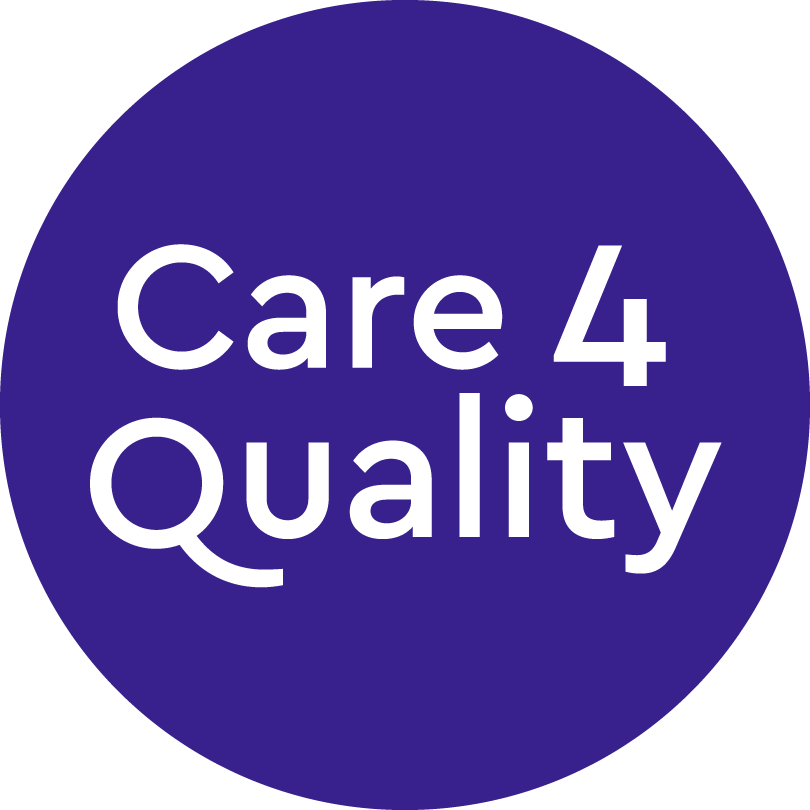The CQC have published their July report, which are aimed to “help everyone in health and social care to work together to learn from the pandemic”.
The main points of this month’s report are:
• Looking at the data on death notifications regarding COVID-19 in individual care homes.
• Reviewing the CQC’s inspections of acute NHS services monitoring inspection prevention and control.
• Highlighting what the organisation has learnt in terms of how risks can build into a closed culture.
The report also reflects on the main aim which is to learn from the pandemic. It reflects on where they have gone well, learning from what hasn’t gone well and helping other health and care systems to prepare better for the future.
Data on Death Notifications
Unfortunately, the COVID-19 pandemic has led to a number of deaths across the UK and the world, which includes people living in care homes.
For the family and friends of these people, the loss has been exacerbated by the inability to visit their loved ones in their final days and weeks.
The data covers the deaths of residents from COVID-19 that were notified to the CQC. This is regardless of whether the death occurred in the care home, hospital or any other setting.
The CQC have explained that the release of the data is so that “people can view care home deaths against deaths in the wider community” to “help understand the wider impact of COVID-19 in their areas”.
The data can be found here.
Infection Prevention and Control (IPC)
In this section of the report, the CQC have reviewed their “focused well-led inspections within acute NHS services monitoring inspection prevention and control”.
This is an essential part of safety in hospitals and during the summer of 2020, the CQC carried out a review of IPC board assurance in NHS trusts in response to the COVID-19 pandemic.
Overall, most of the trusts inspected had good IPC practices implemented within them.
The CQC concluded that despite the pressures of the pandemic, they mainly observed “both good practice and many examples of close attention by all staff from executive level to those in ward areas to keeping patients safe”.
Identifying and Responding to Closed Cultures
This section of the report highlighted what the CQC has learnt so far about how risks can accumulate and build into a closed culture.
The CQC define a closed culture as “a poor culture that can lead to harm, including human right breaches, such as abuse”.
These findings were “based on a sample of 29 inspections of independent mental health and adult social care services”.
It is important to note that not one single factor can lead to a closed culture, but factors such as weak leadership and staff not having the right skills, training or experience to support people can contribute.
For example, abuse at Whorlton Hall, Winterbourne View, Mid Staffordshire Hospitals had highlighted breaches of human rights that resulted from closed cultures.
As a result of these findings, the CQC are testing a new methodology designed to truly understand the culture of a service and what it is like for the people who live there. Feedback will be used more effectively to establish this, as well as addressing concerns a lot quicker when a risk of closed culture is found.
